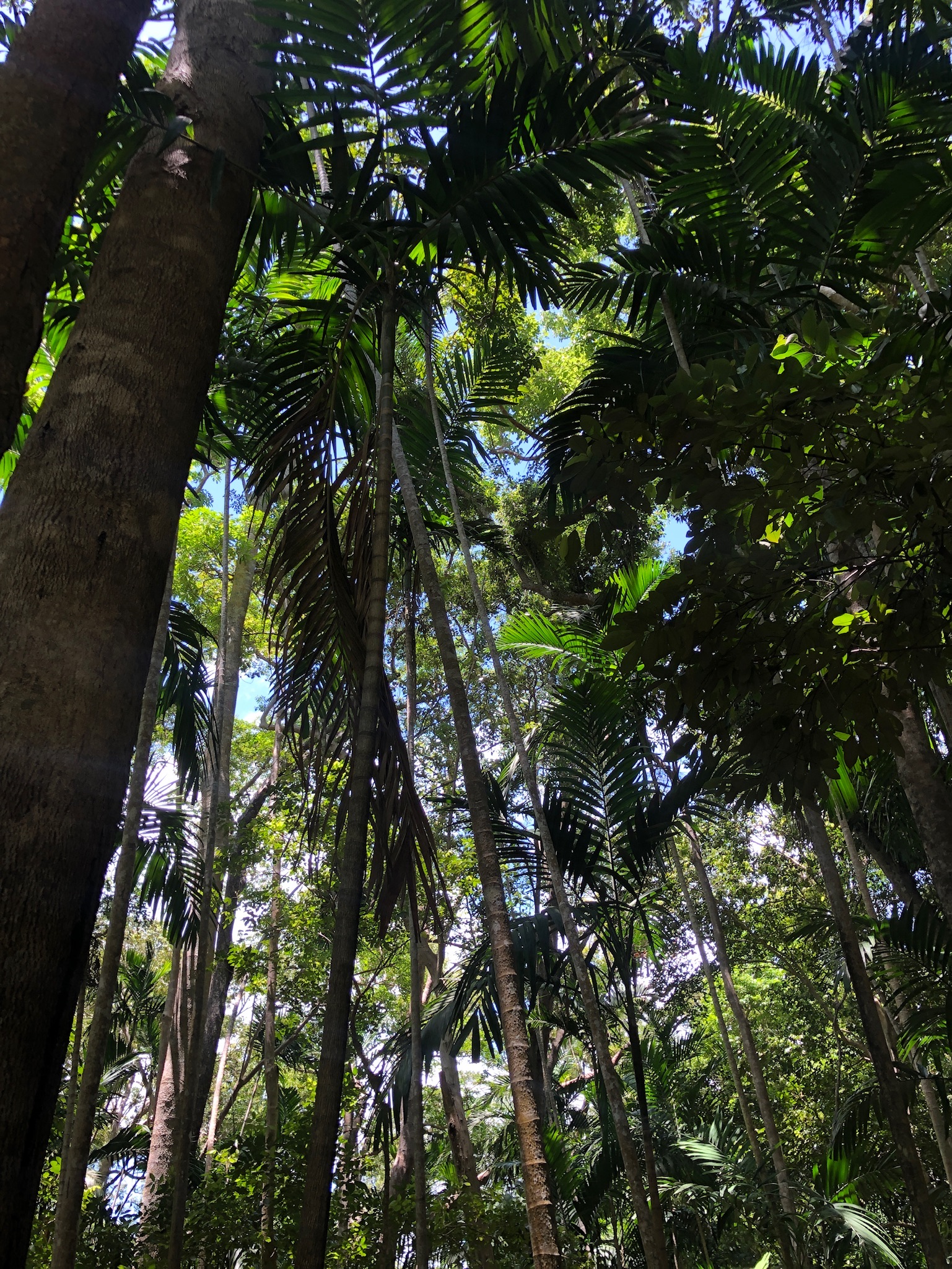Objectifying Wellbeing
One of the hardest things to do in the workplace is objectify the challenge of wellbeing. Wellbeing is often found in the small moments, where human emotion is met with a human reaction. These moments only come when you have the right people with freedom to work within the right culture.
One of the only ways to directly support the wellbeing of your staff is by ensuring that your managers and leaders have the training they need to perform their management responsibilities to the best of their abilities. Only when you give your managers the understanding of the importance of management and the tools to unlock their own skills will you be able to support wellbeing directly in your organisation.

One of the hardest things to do in the workplace is objectify wellbeing
Performance and wellbeing management
Leading any team in a workplace makes you responsible for two things; employees performance and their wellbeing. Gone are the days when we need only drive performance to see organisational goals met. To sustainably succeed, organisations must meet the challenge of meeting performance goals whilst also supporting both physical and mental wellbeing. It is no longer possible to treat people simply as vessels for delivering performance.
The reality is that performance in a role is a balance between someone’s potential and the interference they face in that role. When you only focus on organisational goals you miss aspects of interference linked to wellbeing. If you want to have empowered people who are creatively meeting the challenges in your organisation then you must empower your managers to ask the right questions in the right environment.
One of the models we talk about when I train managers is the 20% Manager. A 20% Manager is somebody that has a relationship with their team that is 80% human and only 20% manager. What we look to show people is that being a good manager is mostly about being a good empathetic, humble and emotionally intelligent human. There is only this small 20% of the time where you have to be a manager; challenging, leading and coaching your team to the desired results.
What can we do now?
It is the senior leadership within in an organisation who are responsible for the structure. And it is this structure that makes or breaks the ability to manage effectively. It has been shown that it becomes too difficult for one manager to effectively manage the performance and wellbeing of teams of larger than 6-8 people; there is simply not enough time.
Regular performance management must also take place. Every employee must be offered at least an hours face to face time with their manager each month, with a longer appraisal held yearly (though many are actually against the annual appraisal nowadays). Wellbeing-focused organisations know that their most valuable asset is their people and they encourage their people to be creative, to communicate and to think critically about their roles. This can only happen when adequate performance management takes place.
Creating an organised structure and encouraging the performance management of staff is a step towards becoming a wellbeing-focused organisation. When you start to meet the basics and create the right environment, you allow for wellbeing to grow. And when you then ask the right questions too, well… then you are beginning to empower your people.










